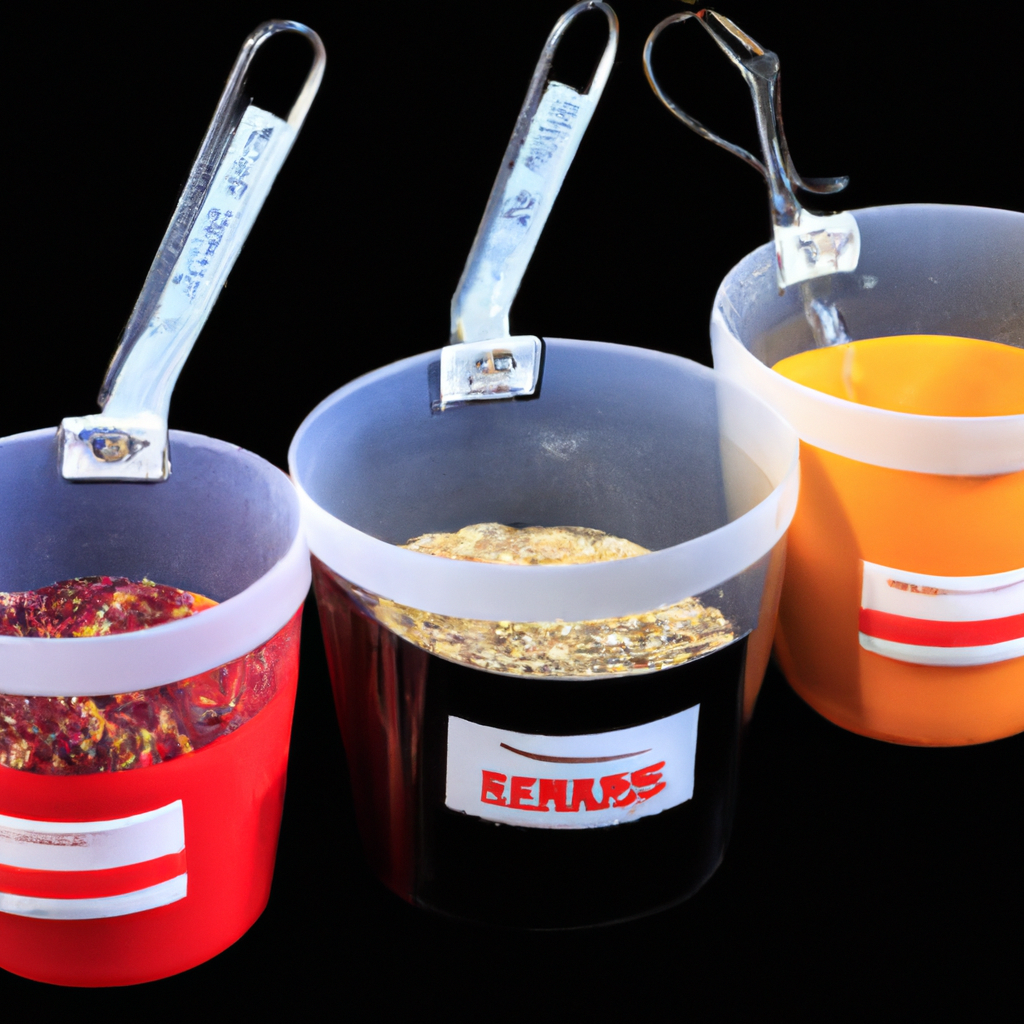Proper nutrition for athletes

### Proper Nutrition for Athletes: Fueling Success on and off the Field
In the world of athletics, optimal performance is not solely the result of rigorous training and skill development; it is also heavily influenced by proper nutrition. Athletes require a well-balanced diet that meets their unique energy and nutrient needs, allowing them to train harder, recover faster, and perform at their best. In this blog post, we will explore the essential components of an athlete’s nutrition plan, provide practical tips for achieving a balanced diet, offer exercise advice, and highlight the numerous health benefits of proper nutrition.
#### Understanding Athlete Nutrition
Athletes engage in intense physical activity that demands a significant amount of energy. Consequently, their nutritional needs are higher than those of the average person. A well-rounded diet for an athlete should include an appropriate mix of carbohydrates, proteins, fats, vitamins, and minerals, which work together to support performance and recovery.
1. **Carbohydrates**: Often referred to as the body’s primary fuel source, carbohydrates are crucial for athletes. They provide the energy needed for both high-intensity workouts and endurance activities. Sources of complex carbohydrates, such as whole grains, fruits, vegetables, and legumes, should form the foundation of an athlete’s diet.
2. **Proteins**: Proteins play a vital role in muscle repair and growth. Athletes should aim to include high-quality protein sources in their meals, such as lean meats, poultry, fish, eggs, dairy products, and plant-based options like beans, lentils, and tofu. The recommended daily intake for athletes is generally higher than for non-athletes, about 1.2 to 2.0 grams of protein per kilogram of body weight, depending on the type and intensity of the sport.
3. **Fats**: Healthy fats are essential for hormone production, nutrient absorption, and providing a secondary energy source. Athletes should focus on unsaturated fats found in foods like avocados, nuts, seeds, olive oil, and fatty fish. It is important to limit saturated and trans fats, which can negatively impact overall health and performance.
4. **Vitamins and Minerals**: Micronutrients are crucial for overall health and optimal performance. Vitamins A, C, D, E, and the B-complex group, as well as minerals like calcium, magnesium, iron, and zinc, play significant roles in energy production, immune function, and muscle contraction. A varied diet enriched with fruits, vegetables, whole grains, lean proteins, and dairy can help ensure athletes meet their vitamin and mineral needs.
#### Nutrition Tips for Athletes
1. **Stay Hydrated**: Hydration is vital for maintaining peak performance. Athletes should drink water regularly throughout the day and consider electrolyte-rich drinks during prolonged workouts or competitions.
2. **Meal Timing**: Timing meals around training sessions can optimize performance. Consuming a carbohydrate-rich snack or meal 2-3 hours before exercising and refueling with protein and carbohydrates within 30 minutes post-workout can enhance recovery and muscle repair.
3. **Listen to Your Body**: Athletes should pay attention to their hunger cues and energy levels. Eating when hungry and adjusting portion sizes based on training intensity can help maintain energy balance.
4. **Plan Ahead**: Preparing meals and snacks in advance can prevent unhealthy eating choices when time is tight. Stocking up on nutritious snacks like nuts, yogurt, fruits, and whole-grain bars can provide quick energy boosts.
5. **Consult a Professional**: Depending on the sport and individual needs, athletes may benefit from working with a sports nutritionist. A professional can help create a personalized nutrition plan tailored to specific goals, training regimens, and dietary preferences.
#### Exercise Advice for Athletes
In addition to proper nutrition, a well-structured exercise program is essential for athletes. Engaging in a balanced routine that includes strength training, cardiovascular conditioning, flexibility exercises, and sport-specific drills can enhance performance and reduce















Post Comment